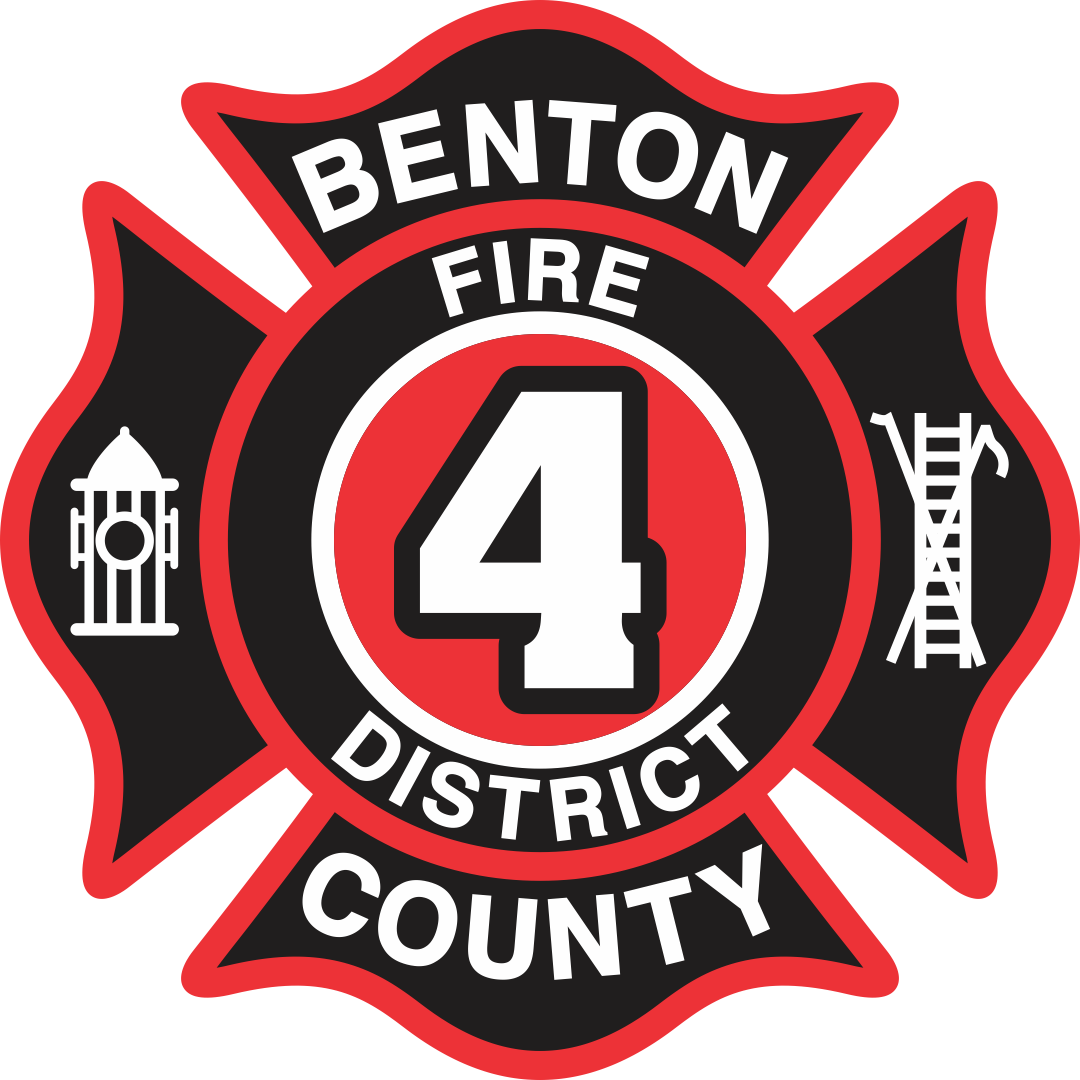Benton County Fire District 4
Benton County Fire District 4 provides fire and emergency medical service (EMS) to approximately 22,000 people over 52 square miles. Our service area includes the city of West Richland and the unincorporated areas around it. In 2024, our firefighters, emergency medical technicians, and paramedics responded to an average of 2,300 calls, 71% of which were EMS-related.
Our fire district started as an all-volunteer department in 1954. Now we rely on volunteers as well as paid and part-time personnel to respond to emergencies. The West Richland community is growing rapidly, and we need your help.
You can train as a firefighter, emergency medical technician, or firefighter/EMT. EMTs are in high demand, with over two-thirds of our calls for medical emergencies. Becoming a volunteer is a great way to give back to your community, and it helps keep property taxes low compared to other staffing models.
Funding, Growing Demand, and What’s Ahead
PRESENTATION AVAILABLE
Do you belong to a service organization, community group, or homeowner association that is looking for speakers? Fire Chief Paul Carlyle welcomes invitations to speak to local groups. He can provide an overview of the Fire District and answer any questions about emergency response in Benton County Fire District #4.
Please direct meeting requests to [email protected] or call Station 420 at 509-967-2945.
